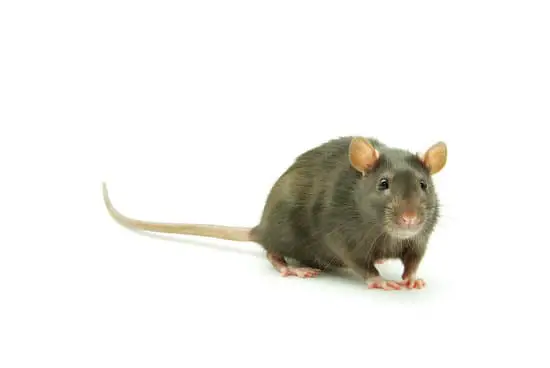Do Rats Cause Rashes?
People who have allergies to rat dander, saliva, or fur should be cautious about contact with them. Exposure to rat dander can cause rashes, itching, coughing, and even respiratory problems. Symptoms of an allergic reaction can be similar to seasonal allergies. If you experience these symptoms after contact with a rat, it’s important to find a remedy.
Infected rats can also carry salmonella bacteria, which can cause illness in humans. Salmonella can cause chills, fever, nausea, diarrhea, and abdominal cramps. In severe cases, rat bites can lead to infection and rat-bite fever. If you have contact with a rat, it’s important to see a doctor right away.
Rat bites are characterized by a small puncture wound or a series of tiny cuts. They tend to bleed and swell, and can sometimes even develop pus. In some cases, rats can infect food or milk with the bacteria that cause rat-bite fever. This type of rat-bite fever rarely affects humans in the United States, but it is important to seek medical attention if you’ve been bitten by a rat. Once the infection has been diagnosed, treatment can include antibiotics, which can help prevent an infection from developing. In the meantime, joint pain is a common side effect of rat-bite fever, although it can disappear eventually.
Infection from rat bites can also lead to a rash and fever. Rat bite fever is caused by a bacterium called Streptobacillus moniliformis. However, in most cases, the symptoms are not severe and the symptoms usually resolve in 4 to 28 days.








